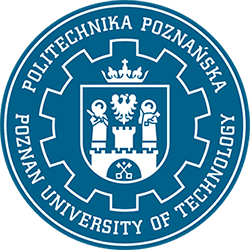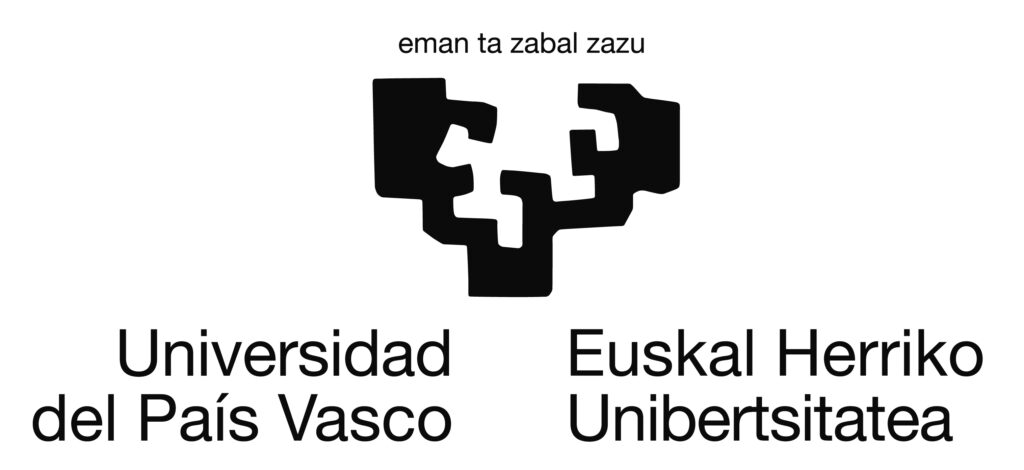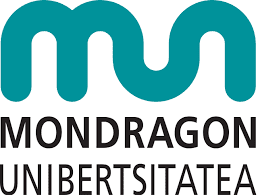Partners

Poznan University of Technology (PUT)
Poznan University of Technology (PUT) offers education at 10 faculties with a choice of 27 fields of study, at the engineer, master and PhD level. The university has 100 years of history and is highly ranked among other Polish technical universities (CESAEER member). It has also strong connections with the industry (especially for IT, automotive and aviation technologies). Poznan University of Technology is also the coordinator of EUNICE (European University for Customised Education). It is an alliance of seven existing public universities in Europe: PUT (Poland),
Brandenburgische Technische Universitat Cottbus-Senftenberg (BTU, Germany), Universidad de Cantabria (UC, Spain); Université de Mons (UMONS, Belgium); Università degli Studi di Catania (UNICT, Italy), Université Polytechnique Hauts-de-France (UPHF, France); and Vaasan Yliopisto (UVA, Finland). With this role, PUT promotes a European dimension to education while strengthening a non-discriminatory and egalitarian society, through the good practices of partner universities. In 2017, PUT was the first technical university in Poland that welcomed ERC Starting Grant (PI: Krzysztof Fic). Until 2022, PUT hosted more than 40 projects funded by several framework programmes

CIC energiGUNE (CICe)
CIC energiGUNE (CICe) (www.cicenergigune.com) is an international reference non-forprofit research centre in Energy storage technologies funded in 2011, member of the Basque Research Technology Alliance (BRTA). CICe focuses on materials and novel devices for energy storage and thermal management. This is achieved by combining interdisciplinary teams working towards (i) excellent and high-impact research in materials; (ii) becoming a reference centre for collaborative technology transfer to industry and (iii) high-level training of young researchers and creation of new business sectors. CICe has a dynamic research team of 125 researchers, and since its creation in 2011 has obtained 44 European projects (27 still on-going), more than 30 private funded projects on-going, 35 patents granted or in process, and published more than 800 publications in high impact factor journals, and, last but not least, launched its first startup named BCARE, specialized in battery health testing and post mortem analysis (www.bcaremb.com).

Friedrich Schiller University Jena (University of Jena)
Friedrich Schiller University Jena (University of Jena) was founded in 1558 as one of the oldest universities in Germany, and is member of the prestigious COIMBRA group. University of Jena is structured into ten faculties with a staff of more than 9000 and almost 18,000 students and cooperates with more than 200 universities and research institutions in over 50 countries. The University holds a Green Office as coordinating point for the University’s sustainablity activities, signed the Charta der Vielfalt (Germany Charter of Diversity) and was again honoured with the Total E-Quality Award. The Host Department, the Faculty of Chemical and Earth Science, is particularly well-known for its research in optics/photonics, material science, polymers and glass technology – following the tradition set by Carl Zeiss, Ernst Abbe and Otto Schott. Prof. Balducci`s research labs are located at the Institute for Technical and Environmental Chemistry (ITUC) and at the Center for Energy and Environmental Chemistry Jena (CEEC Jena) and offer outstanding facilities to perform the proposed research projects.

Skeleton Technologies
Skeleton Technologies Group OÜ is a European leader in high-power energy storage in the industrial, transport, renewable energies, power grids and automotive sectors. Our products reduce CO2 emissions and facilitate the electrification of many industries around the world to fight climate change. Skeleton has developed and patented its own raw material, called “Curved Graphene”, which gives Skeleton’s energy storage systems an unprecedented power density advantage, while allowing Skeleton to have a European value chain and not depend on rare raw materials, such as nickel or cobalt. The company is the only battery technology company that develops and produces both its energy storage devices and its own raw material and thus directly and actively contributes to the EU’s independence and strategic autonomy. Curved Graphene – for which Skeleton researchers won the Inventors of the Year trophy in 2022 from the European Patent Office – provides a higher energy density for Skeleton’s supercapacitors and helped Skeleton Technologies Group develop the SuperBattery, which combines the effects of supercapacitors (fast charging, safety and very high power) with an energy density closer to a lithium-ion battery than supercapacitors

UNIVERSIDAD DEL PAIS VASCO/ EUSKAL HERRIKO UNIBERTSITATEA
The UPV/EHU (www.ehu.es) is the leading teaching and research institution in the Basque Country, a prosperous region stretching along the Atlantic coast of northern Spain. The UPV/EHU has been recognised as International Excellence Campus by the Spanish Government. The region’s success and scientific and technological progress are underpinned by the University of the Basque Country, a vibrant 30-year-old institution with 45,000 students, 5,000 world-class academic staff and state-of-the-art facilities distributed throughout 20 centres in its three campuses. In 2021, the UPV/EHU received the HR Excellence in Research Award.

Université Paul Sabatier
Université Paul Sabatier (http://www.univ-tlse3.fr/) is one of the largest French universities (over 32,000 students and 86 research facilities). 12,000 diplomas are granted every year in five fields of sciences in more than 150 majors. About 3,000 researchers are employed within one of the 82 research labs and 500 PhDs are delivered each year in all the 11 doctoral schools. The research will be carried out at the CIRIMAT laboratory (UMR CNRS 5085), within the research group head by Patrice Simon. The CIRIMAT Institute is a mixed research unit set up in 1999 to make the most of the local expertise in chemistry, materials science with a special emphasis on materials engineering and processes.
Associated Partners

Mondragon Goi Eskola Politeknikoa S.Coop. (MU)
Mondragon Goi Eskola Politeknikoa S.Coop. is the Faculty of Engineering of MONDRAGON UNIVERSITY. MU has a socially orientated initiative and vocation and was declared a non-profit University of common public interest. Their main activities are formation (about 1.800 students and about 11000 hours per year in training industries), research and technological transfer to companies and other public or private entities (around 14 M€/year, about 17 European projects and more than 40 international agreements). One of the main characteristics of MU is our close and permanent relationship with the working world, enabling us to outline our educational offer by adapting it to the needs of companies and organisations.

